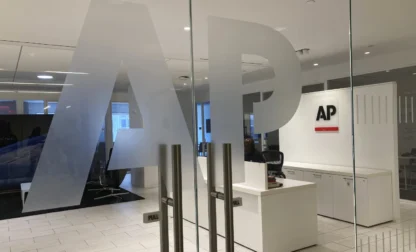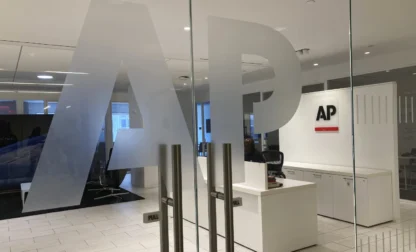By JEFF MARTIN, The Associated Press
ATLANTA (AP) — A federal appeals court sided with news media organizations Monday in ruling that Alabama can’t keep its lethal injection protocol secret from the public.
A three-judge panel of the 11th U.S. Circuit Court of Appeals in Atlanta rejected Alabama’s argument that its execution method is not a court record and thus should remain secret.
“Judicial records provide grounds upon which a court relies in deciding cases, and thus the public has a valid interest in accessing these records to ensure the continued integrity and transparency of our governmental and judicial offices,” the court stated in its ruling.
At issue is what the court described as the botched execution of Doyle Hamm on Feb. 22, 2018. The court said that after several failed attempts to insert a needle into his veins, the execution was called off as midnight approached. The Associated Press and other news outlets then sought the state’s execution protocol and related records.
“Alabama is the most secretive state in the country with respect to its protocol,” said Robert Dunham, executive director of the Death Penalty Information Center.
“The intense secrecy has obvious problems,” he said. “The Doyle Hamm case is one classic example of that because the difficulties in finding a vein all happen out of the view of the public.”
Representatives of the Alabama Attorney General’s Office did not immediately respond to requests for comment on Monday’s decision, so it wasn’t known whether they would appeal.
Alabama could ask the appeals court for reconsideration of the case, or appeal to the United States Supreme Court, Dunham said. The state also could ask for a stay of Monday’s ruling as appeals play out, he said.
Monday’s decision upheld a federal judge’s ruling last year that the public has “a common law right of access” to the records. In that May 2018 ruling, U.S. Judge Karon Bowdre decided that some information can remain secret in the interest of security, such as the names of low-level prison employees involved in executions.
Last year’s ruling found that the execution protocol and related records “clearly concern a matter of great public concern, i.e., how Alabama carries out its executions,” the appeals court wrote in Monday’s ruling.



